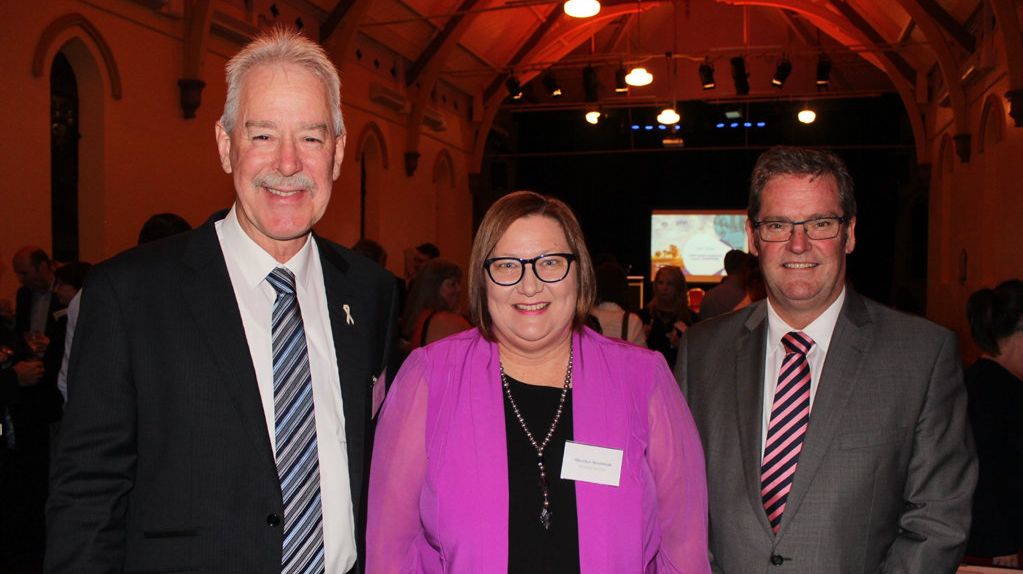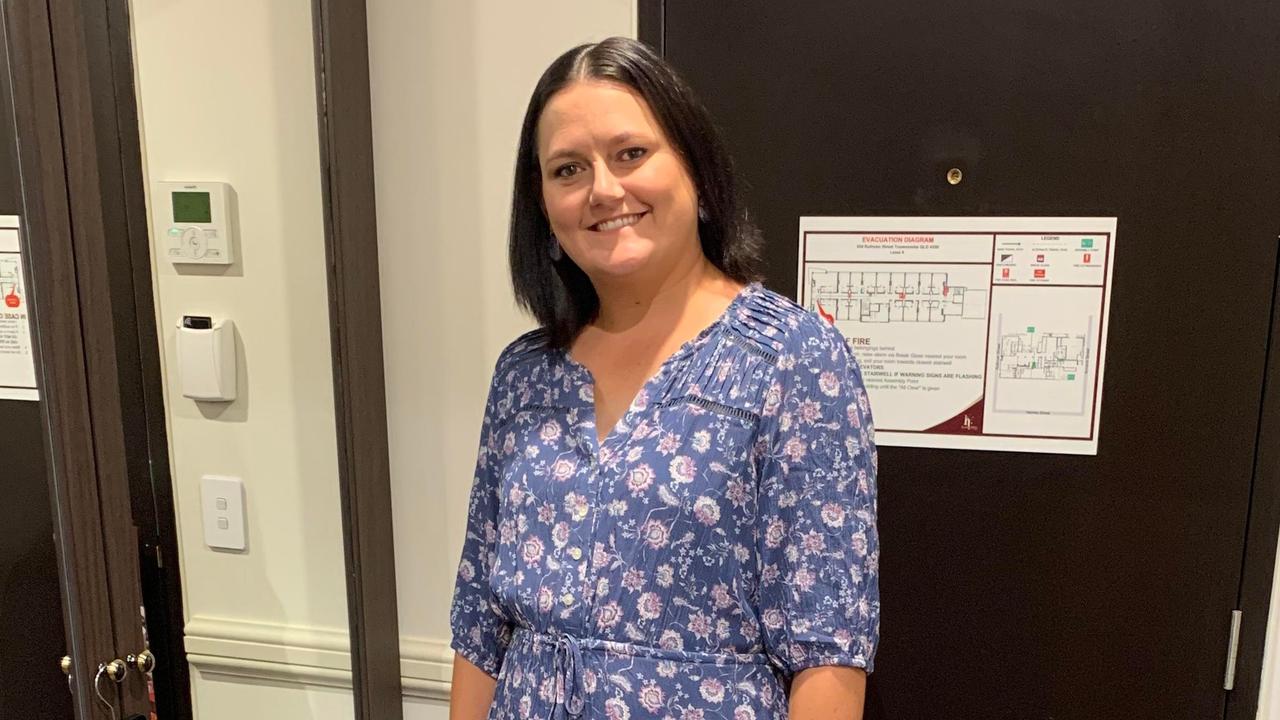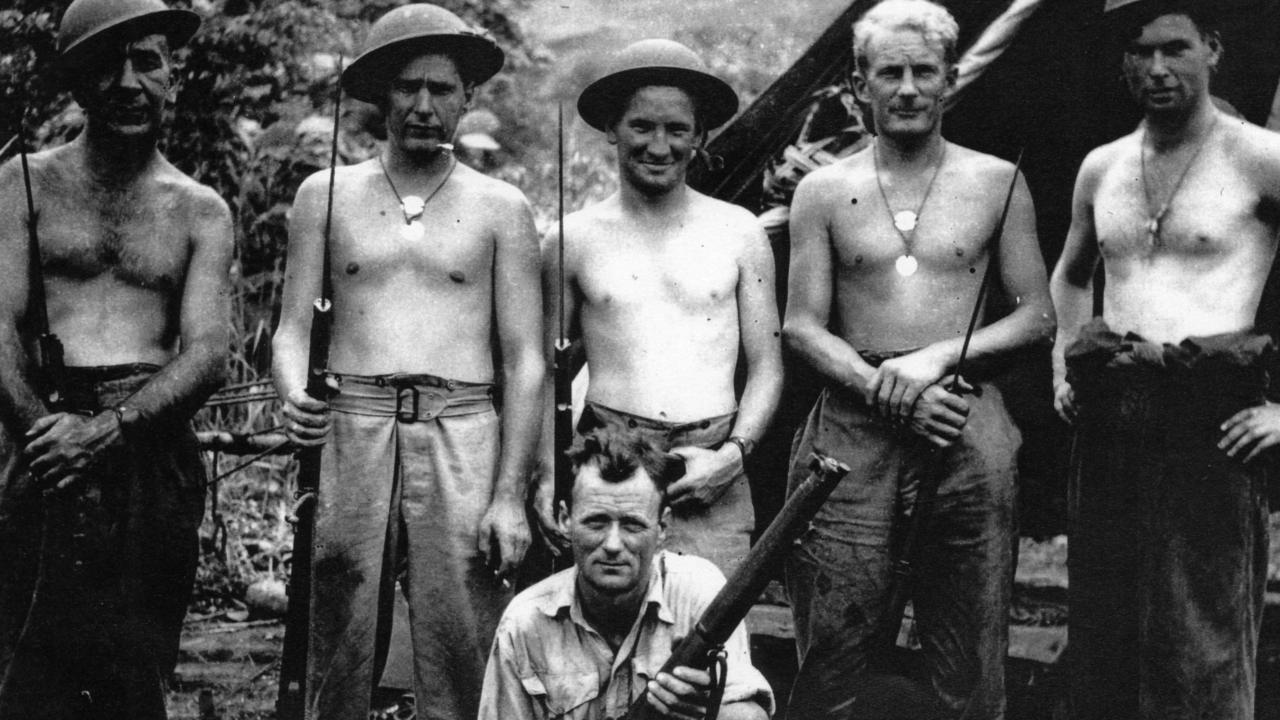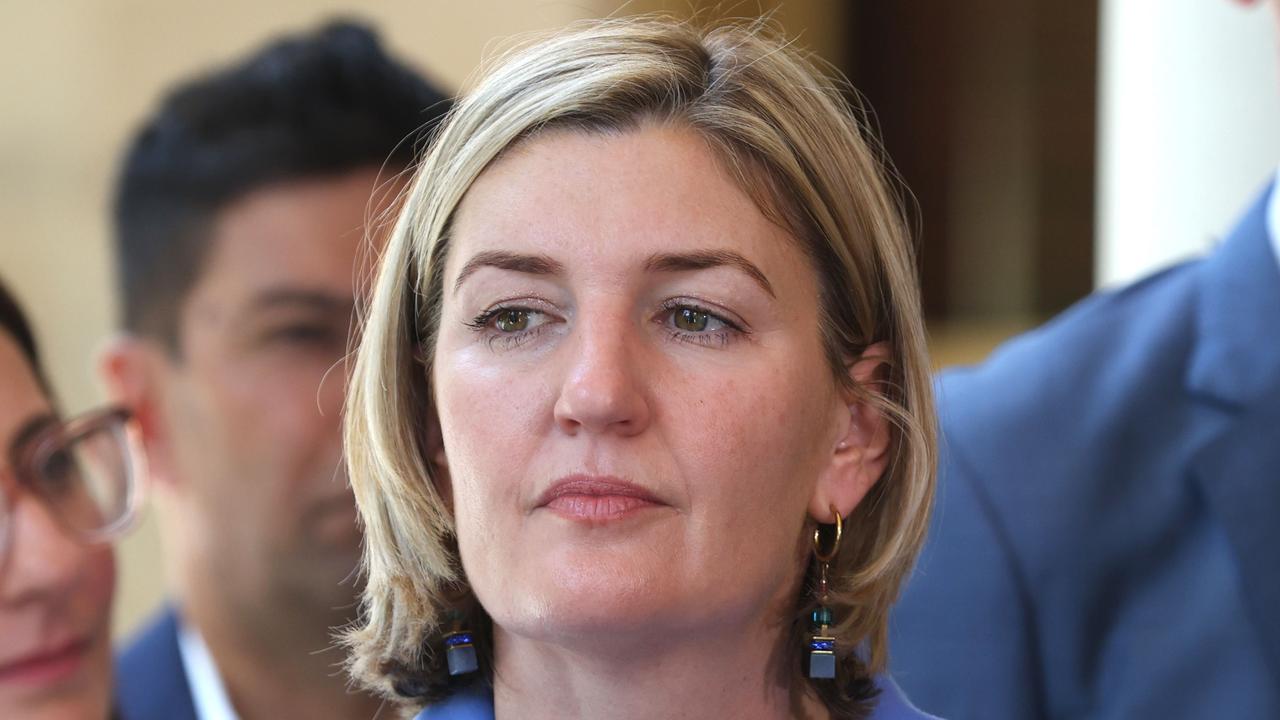'Tsunami' heads for our health sector: We're obese, anxious
PREVENTABLE, lifestyle-related diseases will put added strain on the health sector if nothing is done, according to the region's PHN.

News
Don't miss out on the headlines from News. Followed categories will be added to My News.
A NEW report shows the Darling Downs and West Moreton region has the highest rates of physical inactivity in the nation, and the area's health network has warned that preventable, lifestyle-related diseases will put added strain on the health sector over the next decades if nothing is done.
According to the Darling Downs and West Moreton Primary Health Network's 2017/18 Health Needs Assessment released this month, 70 per cent of adults in the area, which stretches from the Goondiwindi to Ipswich regions and takes in 10 local government areas, are obese or overweight.
The region also ranks first in Australia for the highest rates of physical inactivity, and smoking rates are higher than Queensland and regional Queensland averages - notably amongst pregnant women - with the area laying claim to the fourth-largest number of female smokers in the country.
DDWMPHN CEO Merrilyn Strohfeldt described the region's obesity issue as "a tsunami coming for the health industry", with the impacts of today's large number of overweight and obese to be felt by the health sector over the next 20 to 40 years.
And that, she said, is where the Health Needs Assessment comes in.
The 2017/18 Health Needs Assessment is a "dynamic document" which identifies the region's health issues and pinpoints where the PHN needs to spread its resources.

Mrs Strohfeldt said the assessment showed the region had the lowest percentage of physical activity nationally, as well as the highest rates of self-reported anxiety in the country.
"We also have high rates... above the national average, in terms of male mental health, and in particular suicides in young men," she said.
The PHN's role was as a connector, bringing services together for the benefit of the public, she said.
"What we will be doing in terms of obesity and chronic disease is we'll be working with everyone who has a part to play in the solution," Mrs Strohfeldt said.
"We've already had discussions with (mayor) Paul Antonio, GPs, allied health professionals, gyms, and what we want to get happening in this space is a really big community program where we can look at how we can improve our health, in terms of eating better and moving more."
On the mental health front, Mrs Strohfeldt said the PHN had commissioned the University of Southern Queensland and University of Queensland to provide a suicide prevention plan for the region.
It has also introduced a new stepped-care model for mental health across the region, which allows people to get the assistance they need when they need it.
High rates of smoking in women, particularly indigenous women, was also something Mrs Strohfeldt said the PHN was working to address.
"What we will be launching in the new financial year is what we call our First 2000 Days program, and that's really looking at the welfare of our children from conception through to when they start school," she said.
"Basically we want mums to be healthy during pregnancy, assisting them to stop smoking."
Mrs Strohfeldt said taking a collective approach to issue was key to seeing them solved.
The prevalence of chronic disease, Aboriginal and Torres Strait Islander people's health and equality, infant, child development and youth health, the vulnerable, marginalised and hard-to-reach, alcohol and drug use, access and equity, and workforce capacity and well-being were also key areas the PHN will focus on as a result of the Health Needs Assessment.
Originally published as 'Tsunami' heads for our health sector: We're obese, anxious






